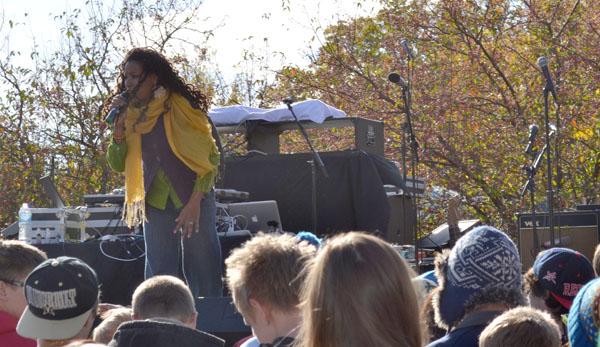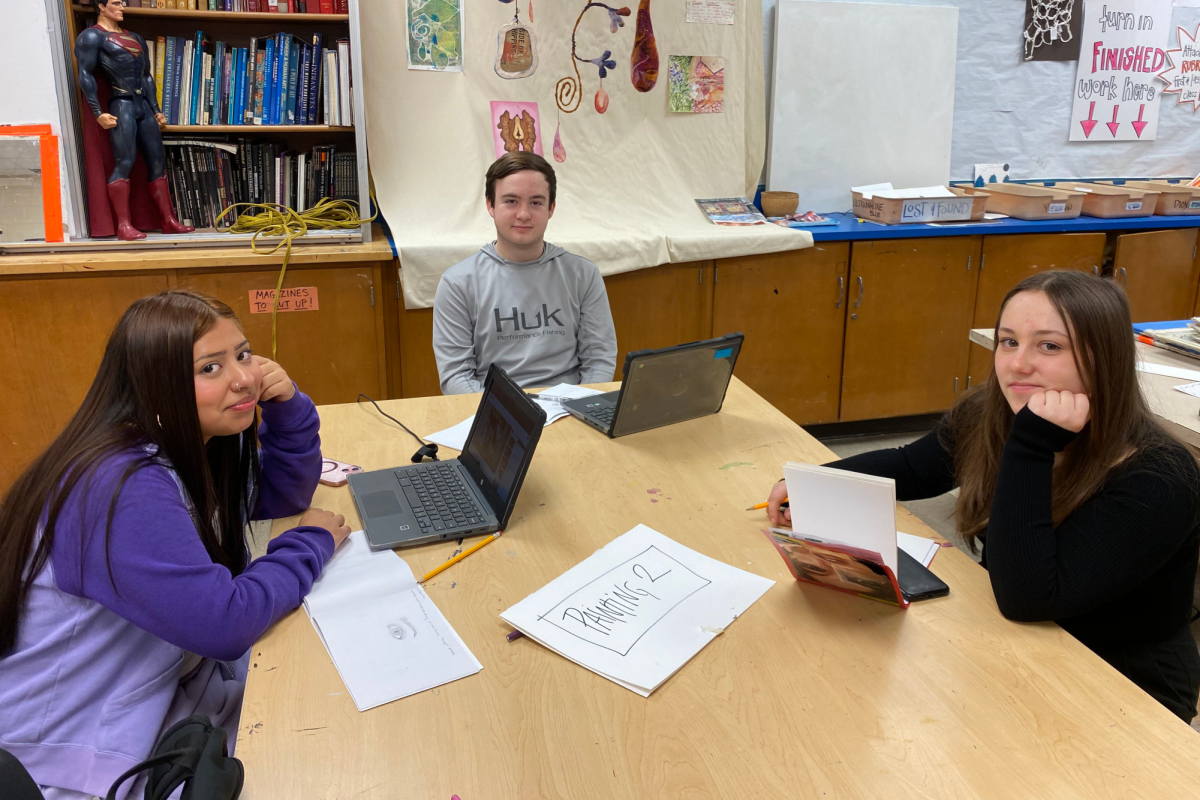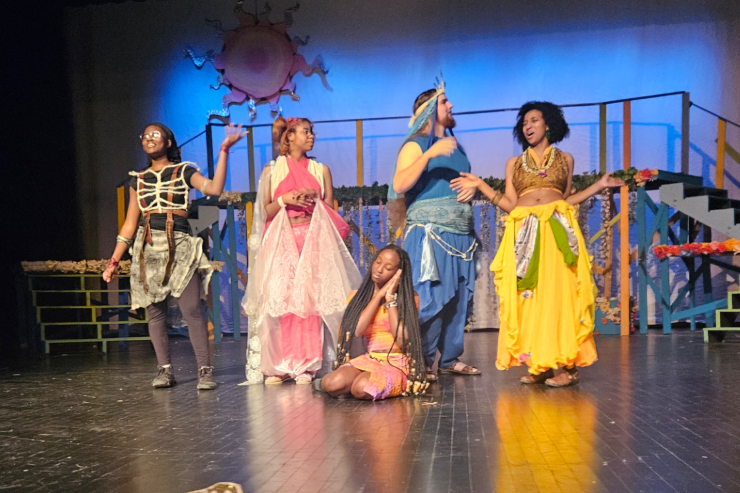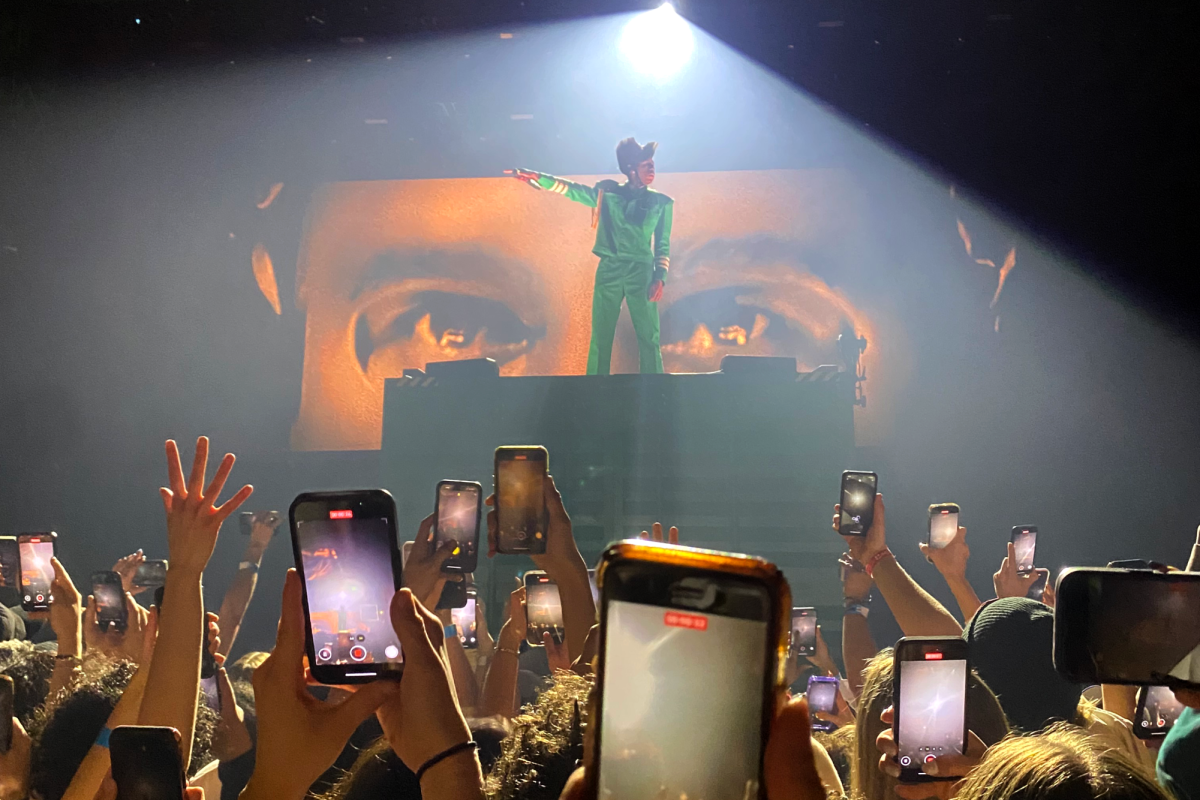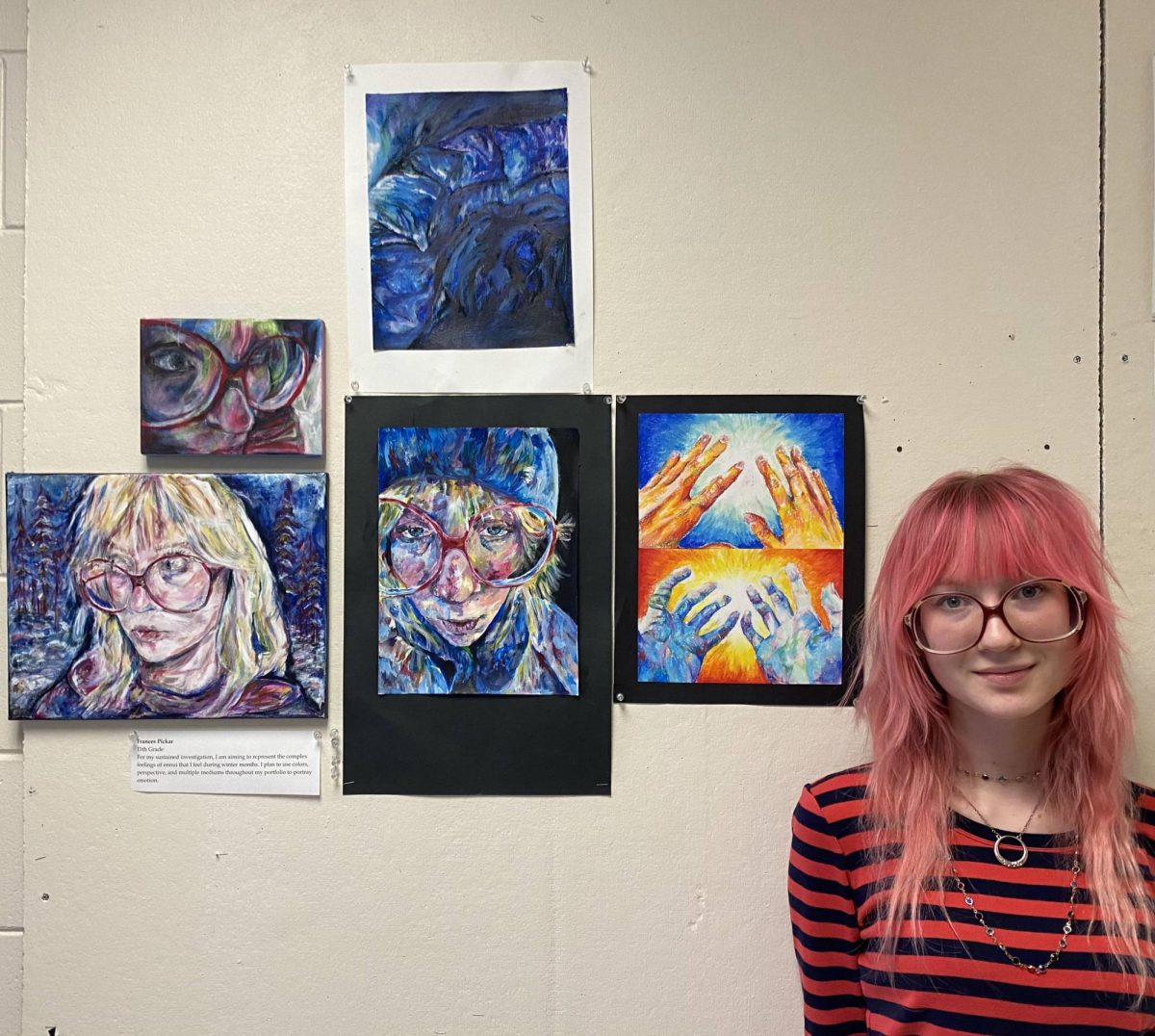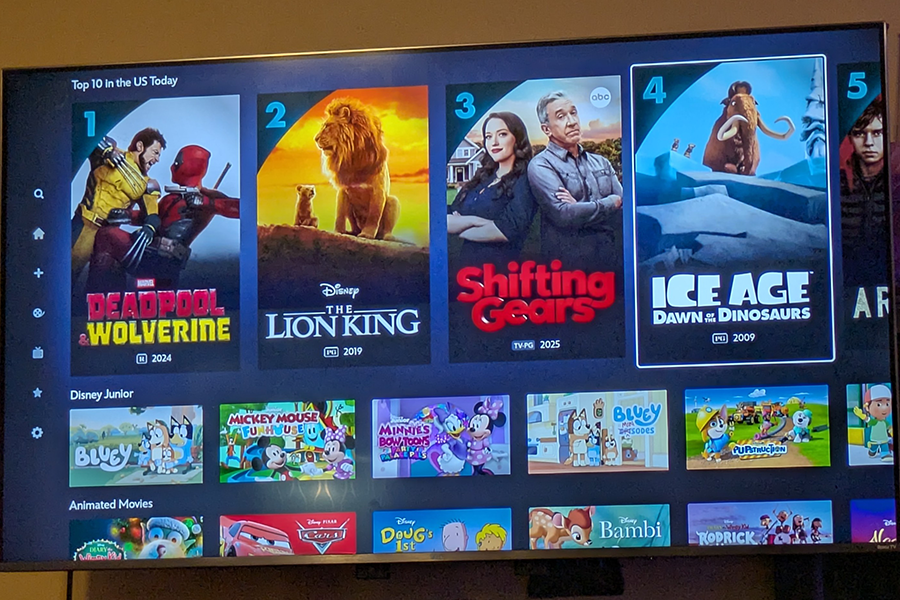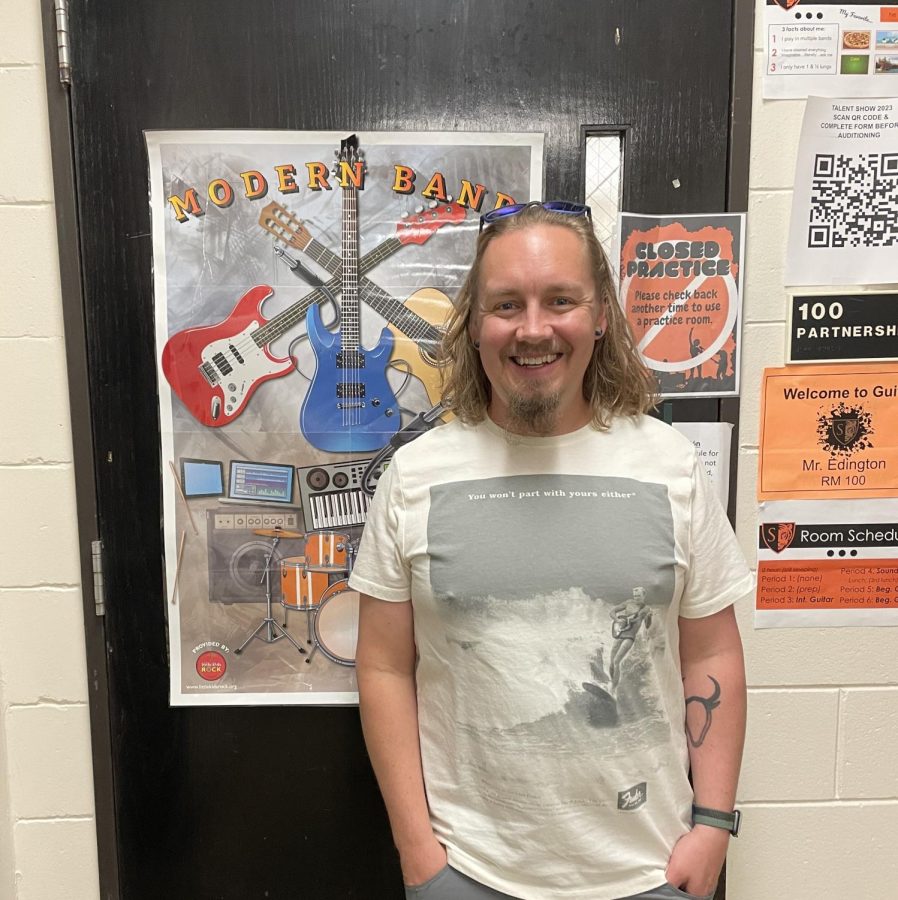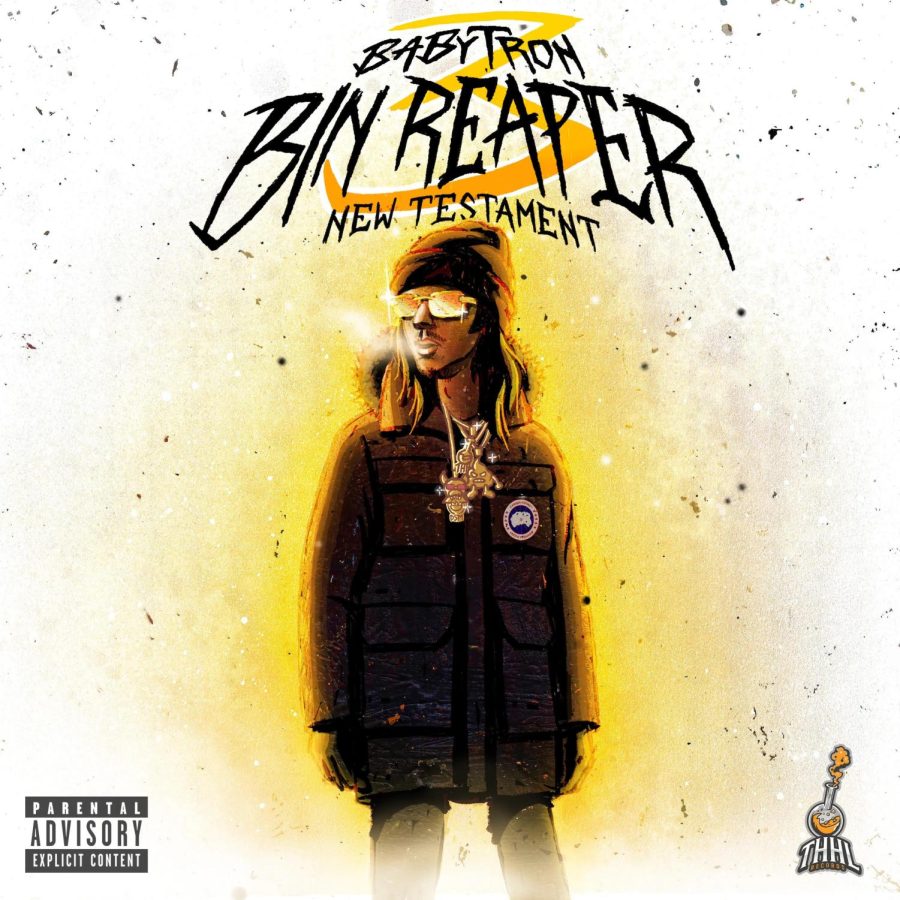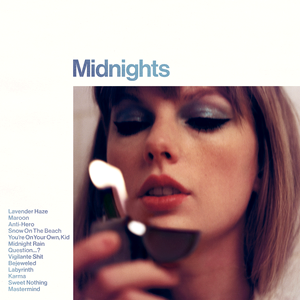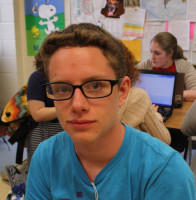“Our songs are supposed
to be the voice of our soul/
Not bought and sold,
not all controlled”
— Brother Ali, Truth Is
It’s a sunny afternoon in South Minneapolis when you pull up next to a car vibrating with some rap song. It’s a good beat, but who needs to hear some verse about sex, money and drugs? You pull away, rolling your eyes, thinking how disrespectful the driver must be to disrupt the peace, before you catch the lyrics.
Minneapolis hip-hop artists can relate to this attitude toward the music they pour every waking hour into, but they are not deterred by the negative stereotypes that have centered around rap and hip-hop since its birth in the early 70s.
Even in the music community rap and hip-hop is still not taken seriously, and sometimes looked down upon by others.
“A lot of people deny there is any lyrical sophistication,” said Sean McPherson, the bass and songwriter for the local hip-hop group Heirospecs, “I know musicians who don’t think of hip hop as music.”
The hip-hop culture has existed in the Twin Cities since the early 1980s with such artists as Kool Herc, Freddy Fresh, Disco T and Verb X who paved the way for modern hip-hop and distinguished it from other cities by singing about social issues, such as homophobia and race, instead of money and sex.
This new take on a culture that has been stereotyped as a crude, violent genre of music has rebuilt hip-hop and rap into a way of communicating and addressing social issues and problems in the community. However, the messages in the music are not always heard.
“Older people tend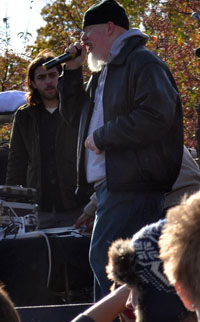 to have impressions of what hip-hop is, but if they take a moment to listen they’ll become surprised and see a whole other side of hip-hop,” said Mike Madison, also known as MaD SoN, a member of the local hip-hop group Unknown Prophets.
to have impressions of what hip-hop is, but if they take a moment to listen they’ll become surprised and see a whole other side of hip-hop,” said Mike Madison, also known as MaD SoN, a member of the local hip-hop group Unknown Prophets.
There are also those who are against the entire idea of rapping social issues to reach a broader audience.
“(Anyone) who insists that hip-hop is an urgent ‘critique of a society that produces the need for the thug persona’ should step back and ask himself just where, exactly, the Civil Rights era blacks might have gone wrong in lacking a hip-hop revolution,” writes John H. McWhorter, a respected scholar of black language, in his article “How Hip-Hop Holds Blacks Back”, ending with: “Hip-hop creates nothing.”
This negativity doesn’t stop local artists from rapping, and if anything pushes them forward,
“I think this negativity has pushed them into being more topical to get out of that stereotype,” said Chris Riemenschneider, a columnist and reporter for the Star Tribune who has been writing about local music since 2001, “Hip-hop used to be pretty blatantly homophobic but now artists brag about family instead of money.”
“I liked hip-hop in high school,” said Madison, “But when I started listening to the lyrics I realized I wanted to have a different message through my songs.”
Madison is not alone with this idea, and many other hip-hop artists want to revise the impressions of hip-hop and rap that previous artists have left and sing of other more positive topics.
“A lot of our songs are about life,” said McPherson.
On another recent sunny afternoon a group of local rappers demonstrated their obligation to the fans and people of Minneapolis by holding the second annual Day of Dignity next to the Masjid Al-nur Mosque in North Minneapolis. This block party was started a year ago to help victims of the 2011 tornado by receiving free clothes, haircuts, medical attention and music from local hip-hop artists.
With such artists as Brother Ali, Toki Wright and Atmosphere contributing their voices to the effort of helping out the community, there is no denying hip-hop can produce positive effects in the community.
“It’s been really impressive to watch these artists grow up in their community and give back.” Riemenscheider said, “And they’re going to keep doing what they’re doing.”

